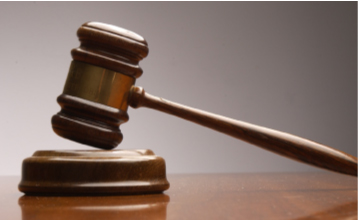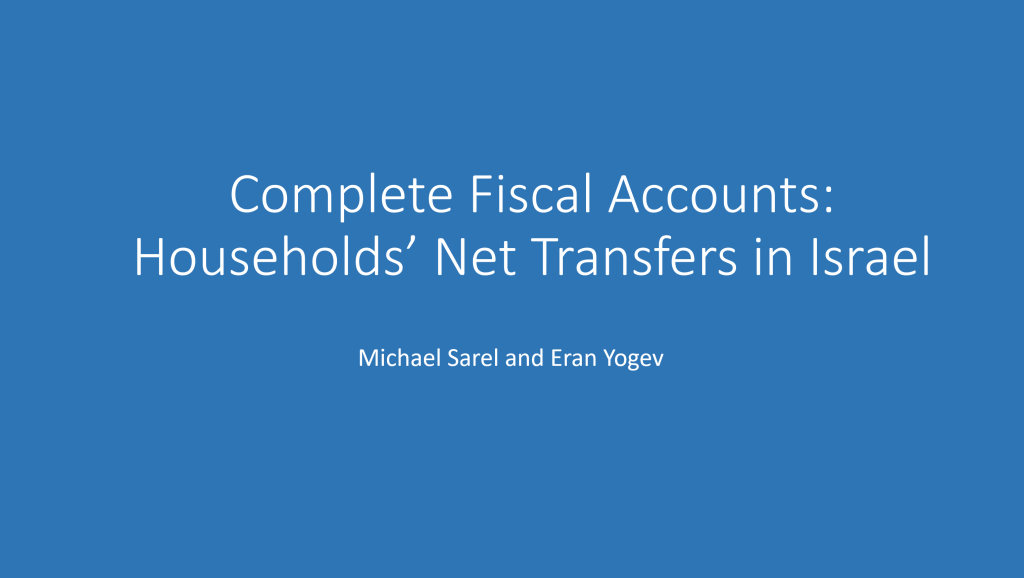In contrast to the many fears of populism and short-sightedness of direct democracy based on polls, it seems that sometimes the system works not bad • Testing of referendums in several countries reveals the reality behind the theories, and offers in addition interesting ideas for Israeli democracy.
For many years I believed devoutly in the idea of representative democracy and feared the problematic use of direct democracy. Now, I am not so determined, in part due to the research I conducted with two colleagues, Andre Eshet – Schwartz and Dan Felzenthal, analysing the referendums in Switzerland.
The Swiss society is torn radically: it consists of twenty six cantons, German being the predominant language in nineteen ; French is the majority language in six cantons and in one canton the common language is Italian,in fourteen cantons the majority is Catholic, and in the other twelve cantons majority is Protestant. Despite this, the country enjoys impressive political stability. In 1959, four major parties formed a coalition according to the so-called “magic formula”. Since then to this day, the same coalition controls in Switzerland, each of the seven members of the government serving as prime minister for a year.
An all-national referendum took place in Switzerland in 1848 for the first time and has been held more than five – hundred times since, a number exceeding the national referendums in all other states combined. A statistical review of the polls proved that the existence reflects a homogeneous behavior despite linguistic , religious and political divisions. In general we can assert that the way people vote at French Canton will be very similar to a vote in a German Canton.
But the Swiss example is not guaranteed in other contexts. The referendum held in 1950 in Belgium, where citizens were asked to approve the return of King Leopold the 3rd to his throne, highlighted the rift between the Flemings and Walloons, which wasn’t so apparent until the referendum. The referendum was catalytic to the process that now threatens the very continued existence of Belgium as a united country. Unlike Switzerland, there are countries that do not have national referendums at all. A clear example is the United States. However, some U.S. states hold referendums routinely. Notable in this regard is the most populous state in the U.S. – California.
To the full article in Hebrew




